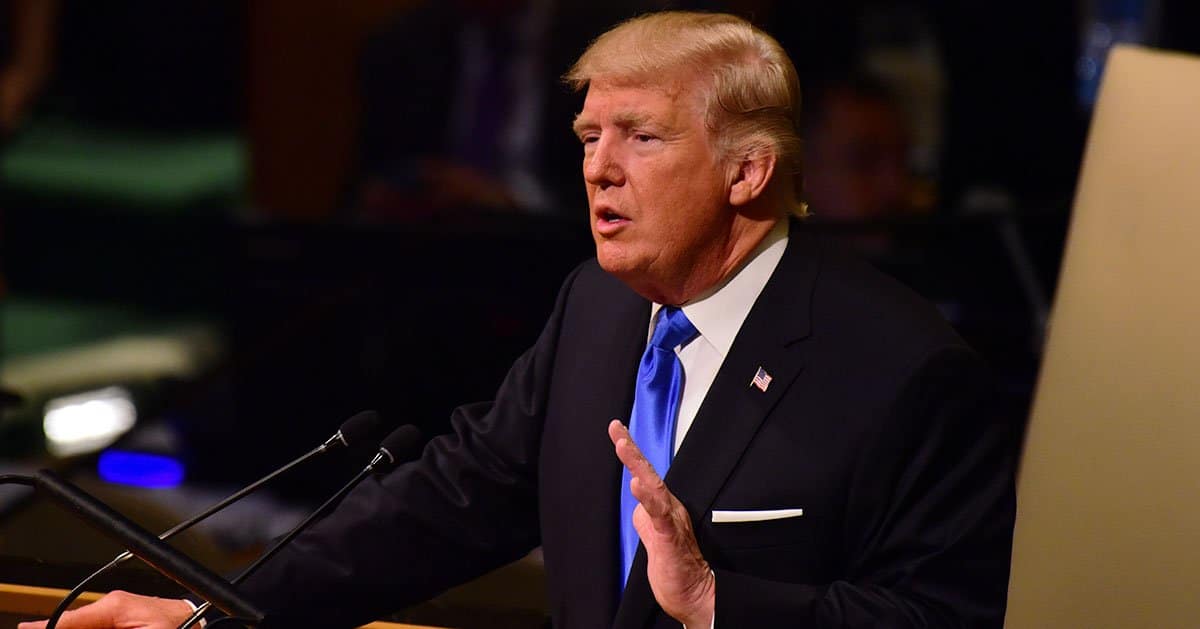




Sen. Ron Johnson is shining a spotlight on former President Joe Biden’s health, alleging a deliberate cover-up of his mental and physical decline during his presidency.
The Wisconsin Republican, leading the Senate Permanent Subcommittee on Investigations, is probing whether Biden’s condition influenced critical decisions, including the use of an autopen for over 1,500 clemency actions, with only his son Hunter’s pardon signed by hand.
Fox News reported that Johnson’s investigation kicked off with a pointed letter to Secretary of State Marco Rubio, acting archivist, demanding all National Archives records tied to Biden’s health and alleged cover-up.
The senator’s probe zeroes in on Biden’s reliance on an autopen, a device used to sign documents, raising questions about who truly authorized key decisions.
Johnson insists that records sent to the White House Counsel’s Office, which is reviewing 27,000 documents with the Justice Department, must be shared with his committee by July 30.
“My office has been reviewing allegations that former President Biden, cabinet members, and his staff covered up his declining mental and physical health,” Johnson declared, suggesting a conspiracy that undermines public trust.
His claim of a cover-up stings, but it’s worth asking if this is a genuine pursuit of truth or a political jab at a former rival.
The White House Counsel’s Office is conducting its own “massive effort” to investigate Biden’s autopen use, described as separate from congressional probes, yet overlapping in scope.
Biden’s autopen signed pardons for over 1,500 individuals, including preemptive ones for his family, Dr. Anthony Fauci, Gen. Mark Milley, and Jan. 6 committee members, in what the White House called a historic clemency act.
Notably, Biden’s only hand-signed pardon was for Hunter, despite months of insisting he wouldn’t grant his son clemency—a contradiction that fuels suspicion.
“I made every decision,” Biden claimed, but the New York Times revealed he didn’t individually approve each name in the sweeping categorical pardons.
His blanket assertion of control crumbles under scrutiny when thousands of signatures were mechanized, leaving room to question who was really calling the shots.
Johnson’s letter also demands communications involving former White House heavyweights like Ron Klain, Jeff Zients, and Anita Dunn, plus Biden’s physician, Kevin O’Connor.
The House Oversight Committee is also digging into Biden’s health and autopen use, signaling a broader congressional push for answers.
President Trump, who avoids an autopen for official business, spurred this scrutiny with a June memo to Attorney General Pam Bondi, linking Biden’s autopen use to potential mental decline.
Trump’s hands-on approach contrasts sharply with Biden’s mechanical signatures, amplifying concerns about the former president’s capacity to govern. “We’re talking about granting clemency to a whole lot of people,” Biden said, but his vague defense does little to clarify who held the reins for these decisions.
The public deserves to know if a president’s health was hidden while critical powers were exercised, potentially by unelected aides behind an autopen’s veil.
Johnson’s deadline looms, and with parallel probes intensifying, the truth about Biden’s presidency could soon see the light—or remain shrouded in bureaucratic fog.



